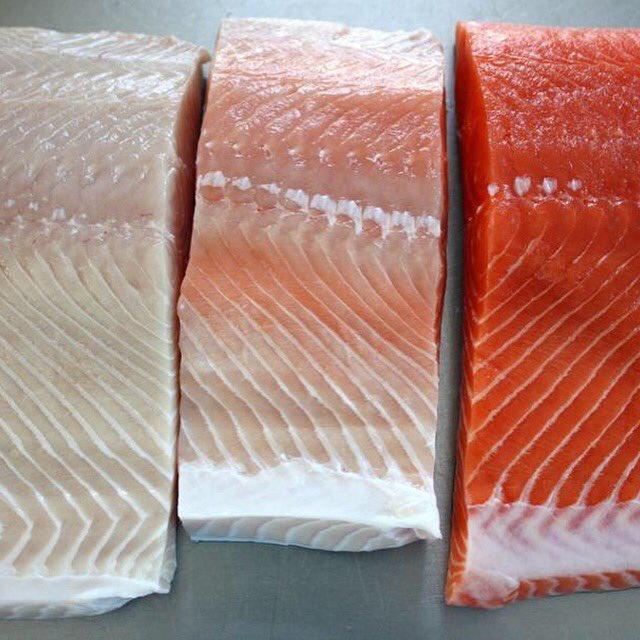
Fake meat and synthetic meat are very popular
Now the fake meat it is a common presence in the refrigerated counter of supermarkets or even in fast food menus. Not to be confused with the classic vegetable and legume burgers, it is identical to meat even without having any ingredient of animal origin. We will have to wait a little longer to bite into it synthetic meat produced in the laboratory cultivating cells of animal origin; a process that we could compare to 3D printing.
So startups, food giants and research laboratories seek to address one of the most pressing environmental problems of our time: the immense environmental impact of intensive breeding. Alone, the meat industry produces 14,5% of greenhouse gas emissions of anthropogenic origin; moreover, more than 15 thousand liters of water are needed to produce a kilo of beef. Not to mention the ethical theme linked to the exploitation of animals, killed after a life of deprivation and suffering.
The environmental impact of the fishing industry
But what about thefishing industry? The ocean covers 71% of the earth's surface, i.e. more than 360 million square kilometers, exploited for 55% by commercial fishing. To reveal it is the Global Fishing Watch platform. The 60 thousand fishing boats from at least 24 meters they represent just 2% of the global fleet in numerical terms but, on the other hand, cover half of the 91-93 million tons of fish caught each year.
There's more. One third of global fish stocks currently are over-exploited and about 60% is exploited up to maximum capacity. Of all the fish caught in the sea, one in five ends up prey to illegal, unreported and unregulated fishing, regarded as the sixth largest global crime with an estimated turnover of $ 23,5 billion annually. Some studies come to predict a real one collapse of fish species between now and the next decades.
Synthetic fish is on its way to Europe
Given that the global population is increasing and fish needs go hand in hand, why not follow the same path already taken for meat? The bet is placed there startup californiana BluNalu which for some years has already been working for produce synthetic fish in the laboratory starting from the cells of different species. A project that convinced Nomad Foods, the largest European giant of frozen foods, which in the country we know above all for the brand Findus.
The two companies in September they made a deal to develop these new technologies together to bring them on a commercial scale. This is the first partnership of this type signed in Europe, the continent which is the largest global importer of fish, with a consumption that is about three times the production.
There will still be a long way to go: in addition to overcoming obstacles purely technical-scientific, it will also be necessary to evaluate the attitude by consumers, satisfy the legal requirements, identify the business opportunity. But the need for an alternative to the current consumption model is there for all to see.
"As the latest report from the Intergovernmental Panel on Climate Change (IPCC) shows, the decisions we will make over the next decade will have a profound impact on life on this planet for future generations ”, he says Lou Cooperhouse, president and CEO of BlueNalu.


























